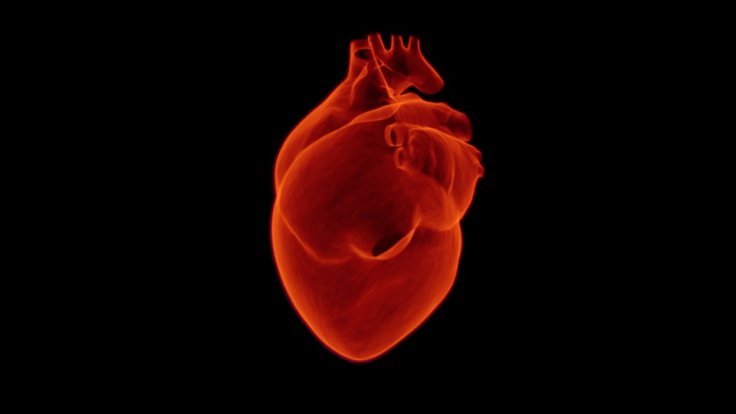
Young adults with inflammatory bowel disease (IBD) are nearly 10 times at high risk of suffering a heart attack than their peers without the condition, say researchers including one of Indian origin.
IBD is an ongoing inflammation of all or part of the digestive tract and is behind two chronic inflammatory conditions, Crohn's disease and ulcerative colitis.
The study of over 17 million patients showed that people with IBD are at 23 per cent higher risk of a heart attack, regardless of whether or not they have traditional risk factors for heart disease such as high cholesterol, high blood pressure and smoking.
"Younger patients had about nine times the risk of a heart attack compared to their peers in the same age group [who didn't have IBD], and this risk continued to decline with age," said Muhammad S. Panhwar, researcher at the Case Western Reserve University in Cleveland, US.
In addition, women under the age of 40 with IBD were at higher risk for a heart attack than men with IBD in the same age group.
In patients over the age of 40, heart attack risk was similar for men and women with IBD.
"Our findings suggest that IBD should be considered an independent risk factor for heart disease," Panhwar added.
For the study, to be presented at the American College of Cardiology's 67th Annual Scientific Session 2018 in Orlando, the team conducted an analysis of adult patients aged 18 to 65 with a diagnosis of IBD between 2014 and 2017.
Among the more than 17.5 million patients in the database, 211,870 (1.2 per cent) had IBD and overall, heart attacks occurred roughly twice as often in those with IBD.
People with IBD were also more likely to have diabetes, high blood pressure, high cholesterol and smoking --traditional risk factors for heart disease -- than people without IBD.
"The results suggest clinicians should take seriously any symptoms suggestive of heart disease, such as chest pain, in patients with IBD, especially in younger patients," Panhwar said.









